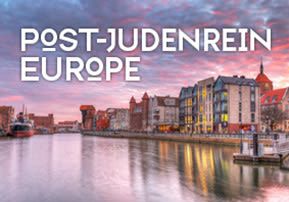
Post-Judenrein Europe
Even without any Jews left to hate, a remnant of a Polish town's deadly anti-Semitism recently resurfaced like a foul stain refusing to fade away…

It’s been decades since the last Jew disappeared from Częstochowa, an industrial city in central Poland.
Yet even without any Jews left to hate, a remnant of Częstochowa’s deadly antisemitism recently resurfaced like a foul stain refusing to fade away…
Shortly before Purim this year, a Polish nightclub owner placed a giant, yellow swastika on the surface of his club’s parking lot, brazenly showcasing it to passing cars and trams. And though displaying a Nazi symbol is a criminal offense in Poland that carries a prison sentence, local police chose not to open a criminal investigation. Instead, the Częstochowa police allowed the swastika to remain despite its ominous 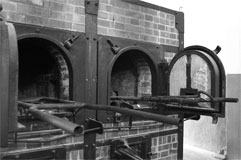 role in sending the city’s Jews to their slaughter seven decades ago.
role in sending the city’s Jews to their slaughter seven decades ago.
Unsurprisingly, this is what a post-Judenrein city, a city two or three generations away from seeing its last Jew, looks like in Europe.
Even though most of Częstochowa’s population has never seen a Jew in its city limits, elements of the city still can’t shake itself from its ingrained antisemitism. This not only makes Częstochowa a living example of a post-Judenrein city, but it’s also a potential foreshadowing of what much of Europe could look like in the near future.
With Europe’s hard-wired, hatred of Jews that’s now coupled with a burgeoning Muslim population, today’s European antisemitism is making a dramatic, pre-redemption comeback. Which means for Jews, Europe is gone. The experiment of trying to resurrect Jewish life in lands soaked with Jewish blood is failing.
And post-Judenrein Częstochowa shows that even with no Jews, European Jew-hatred remains.
As today’s Częstochowa police allow the swastika to once again be displayed, it’s important not to forget how Częstochowa became Judenrein, how Jew-hatred in Częstochowa helped the Nazis cleanse the city of its 28,500 Jews during the Holocaust.
My late father-in-law never forgot. It was in his hometown of Częstochowa that he suffered through most of the Holocaust. He never forgot the unspeakable horrors the Nazis and their Polish collaborators inflicted on his family and himself.
And he never forgot how his own neighbors entered his family’s home and began stealing valuables right in front of him, saying, “You’re not going to need these where you’re going.”
My father-in-law was 20 years old when the Germans invaded Częstochowa on Sunday, September 2, 1939. The following day, known as Bloody Monday, was when the war against the Jews of Częstochowa kicked into high gear. Here’s how my father-in-law remembered that hellish day: “The Nazis forced all Jewish men who were 18 and older from their homes out onto the roadway and had them lie face down. In the evening we were herded into the local jail and the overflow of people were forced into churches, and as we were pushed into the churches, the Nazis opened fire with machine guns and 300 Jews were killed on the spot. Those of us that survived were held in the church for two days.”
A little more than a year and a half later, my father-in-law and his family was forced into the newly established Częstochowa Ghetto, along with all the other Jews of the city and 20,000 more Jews from Lodz, Plock, Krakow and surrounding villages. It was in this overcrowded hell that the Nazis made their “selects” between September 22 (the day after Yom Kippur) and October 8 1942, sending 39,000 Jews in boxcars to be exterminated at Treblinka. Among them were my father-in-law’s parents, only brother and young sisters (including a five year old).
My wife and most of my children were named after some of those martyrs.
The only member of his family to survive, my father-in-law suffered a life-long anguish from being violently torn away from his parents and siblings that’s impossible to describe. By 1943, he was forced into slave labor at a munitions factory under horrific conditions in the Hasag Pelzery concentration camp right in Częstochowa.
This is the same Częstochowa that now has a conspicuous swastika displayed in the city that’s allowed by the police.
In January 14, 1945, the Nazis separated the prisoners at Częstochowa’s concentration camp and sent my father-in-law to the Buchenwald, Dora and Ravensbruck death camps in Germany, and then on a 10-day death march to the Verbelein death camp. In May 1945, the American Army liberated him along with other Jewish survivors from Częstochowa at Verbelein. After the War, more than 2,000 Jewish survivors returned to Częstochowa attempting to rebuild their community. Most had left for Israel a few years later, and after 1968 almost no Jews were left.
My father-in-law chose not to return to Częstochowa after he was liberated. He felt there was nothing to go back to; he could never build a future in that city of death. And though he planned to immigrate to Israel and had even sent a lift there, his circumstances brought him to America.
And now, 70 years after the Holocaust ended, my father-in-law’s conviction that hatred of Jews would always be a permanent reality in Europe, and specifically in Częstochowa, has proven to be correct. His conviction that the Land of Israel is the true home of the Jews has also been proven to be correct. And his hope for a future in America for his children and grandchildren is now, for the first time, looking thin.
In memory of Yitzchak Shlomo ben Menashe.


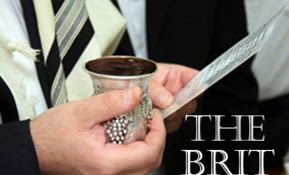



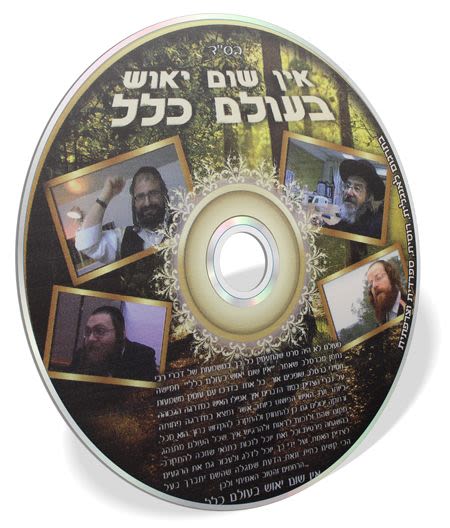
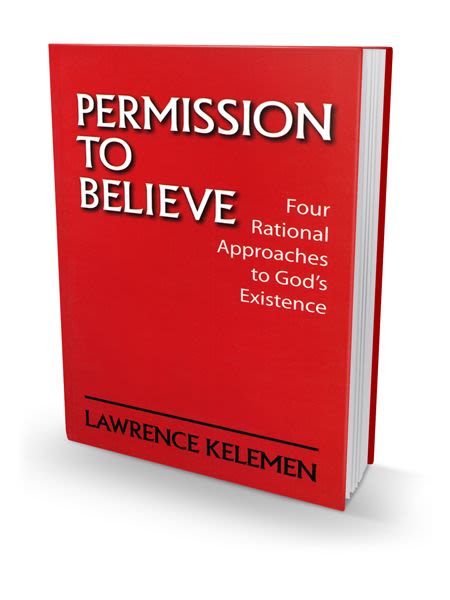


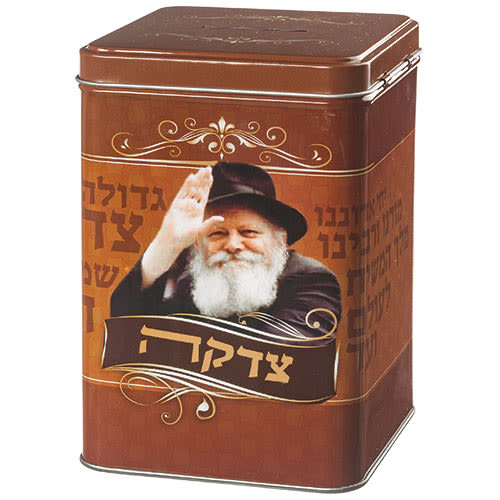
Tell us what you think!
Thank you for your comment!
It will be published after approval by the Editor.